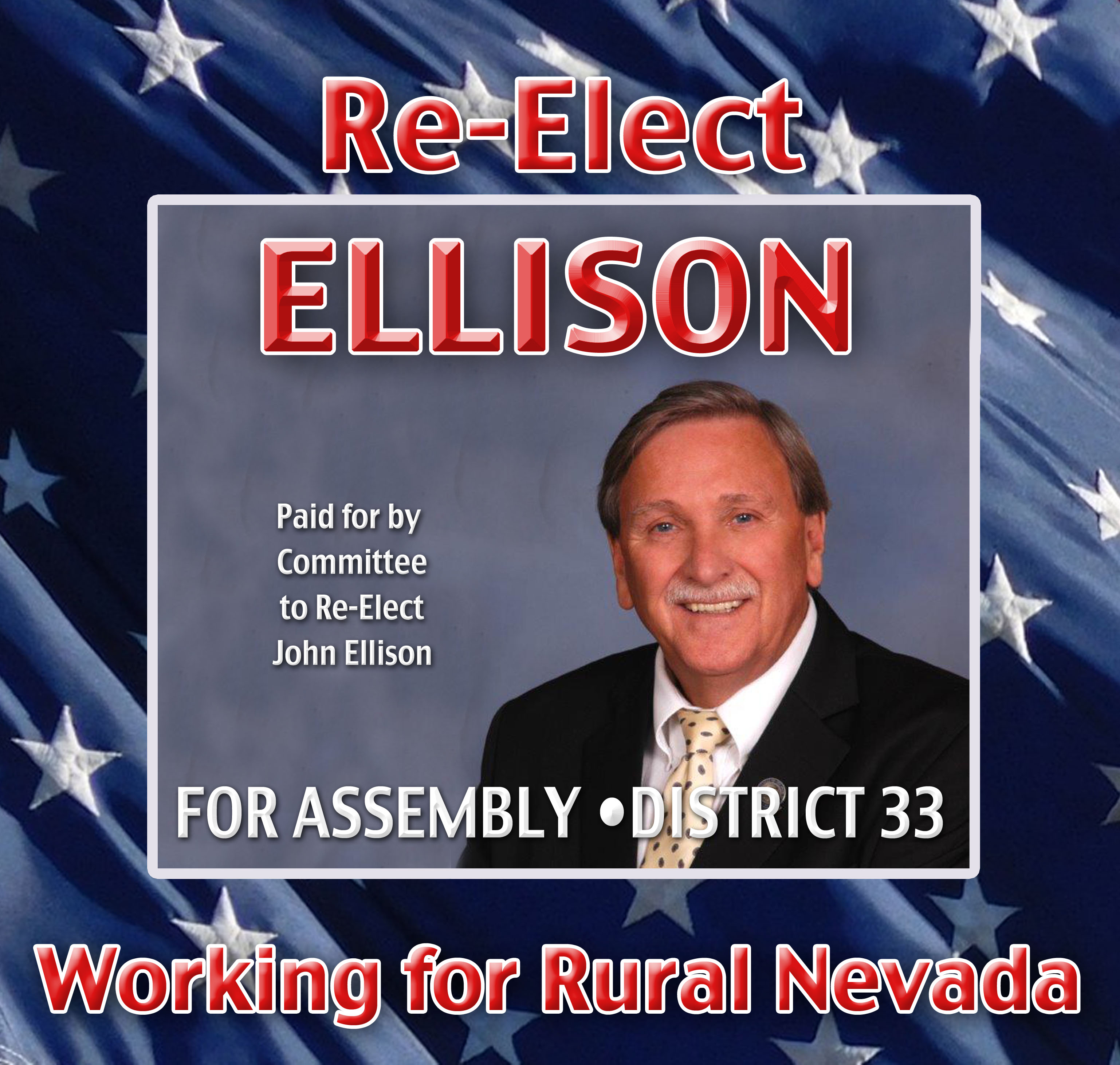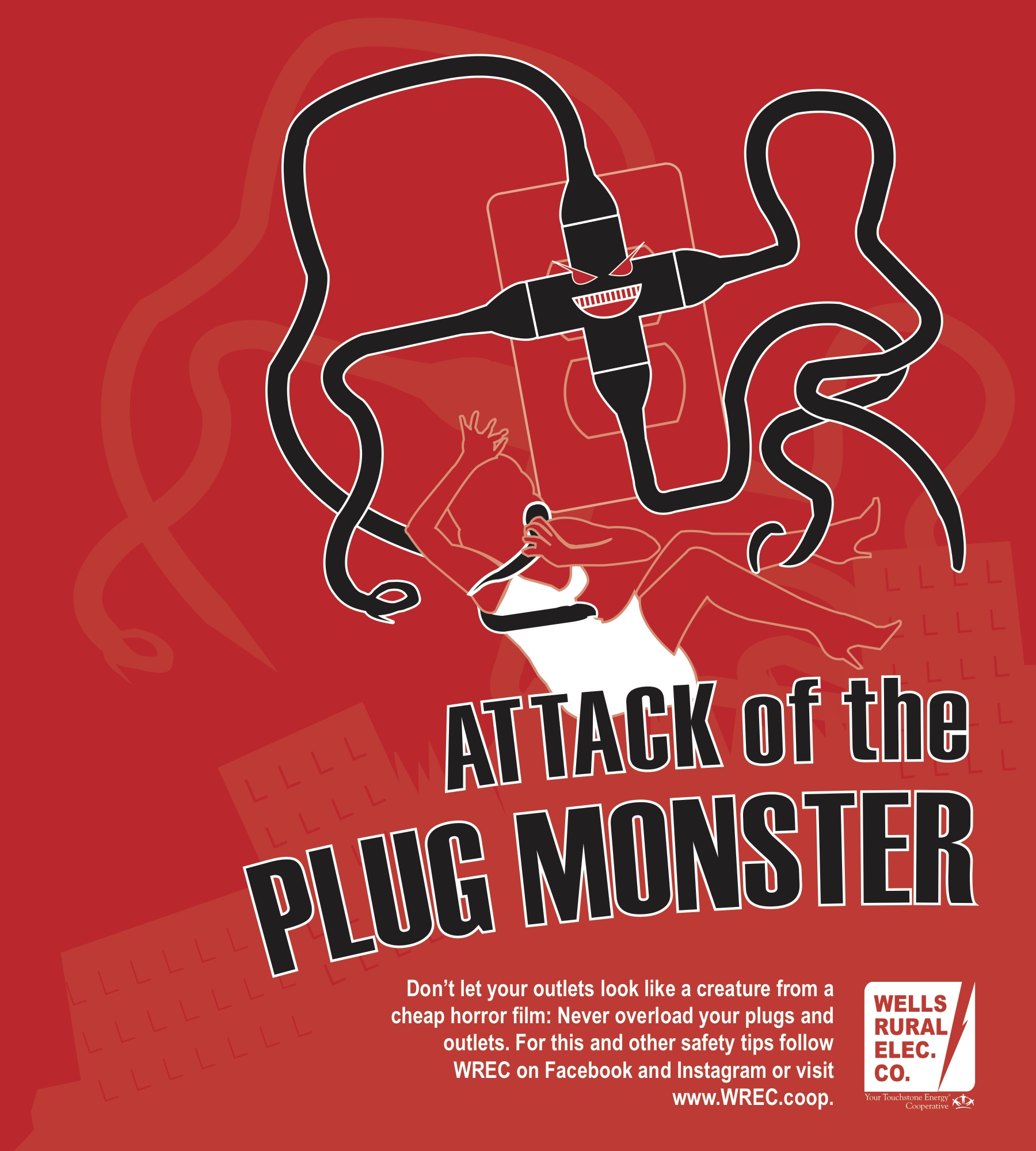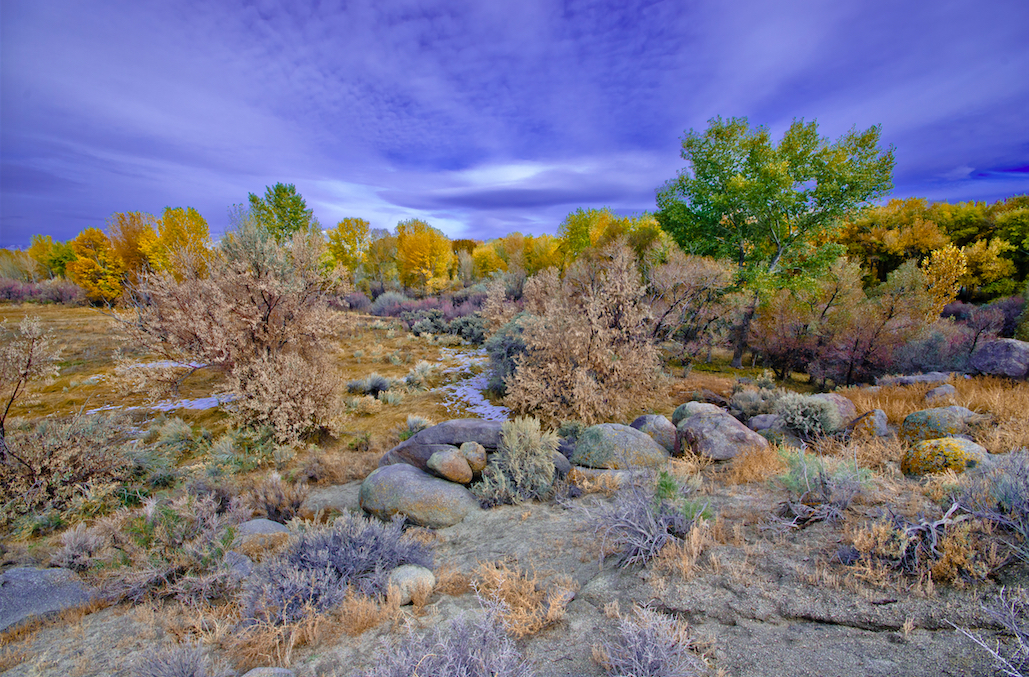
Spring is in the air; a time to open the windows, soak in the season’s colorful blooms, and enjoy Nevada’s inspiring natural surroundings. In recognition of National Air Quality Awareness Week, April 30 – May 4, the HYPERLINK “https://ndep.nv.gov/” Nevada Division of Environmental Protection (NDEP) is helping to educate communities about the importance of reducing air pollution, promoting clean air, and fostering quality of life in Nevada – in the springtime and throughout the year.

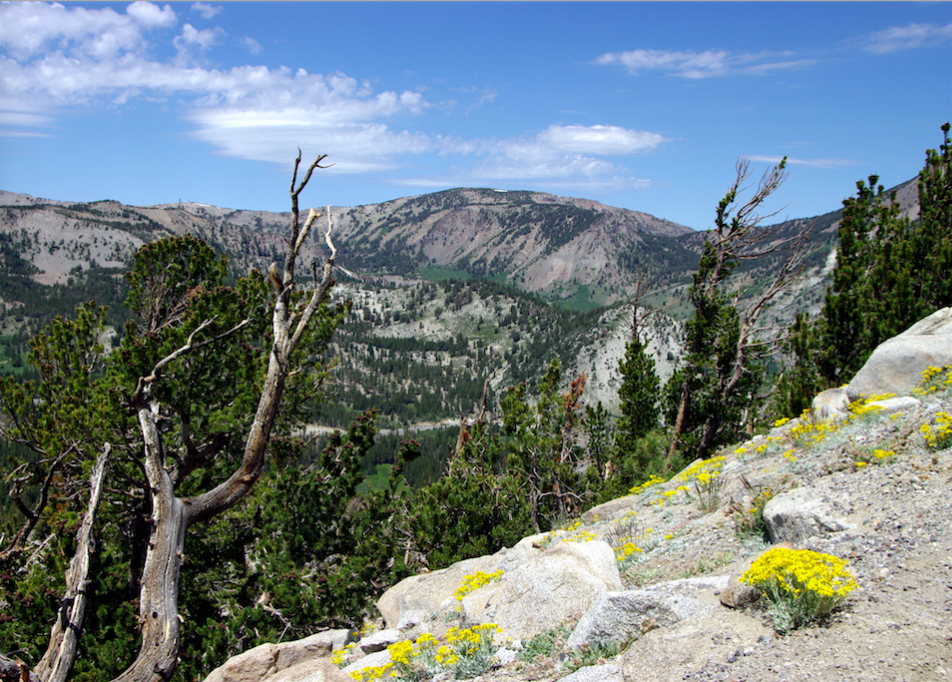
High levels of air pollution pose a threat to the natural environment, wildlife, and public health. In addition to air pollution associated with human activities, natural sources, such as wind-blown dust and wildfires, can also contribute to air pollution. Although poor air quality is unhealthy for everyone, it has the greatest impact on children, the elderly, and individuals with heart/lung conditions.
NDEP continues to work closely with numerous local, State, and federal agencies to protect, manage, and enhance Nevada’s air quality. From air quality permitting, planning, monitoring, and predictive modeling, to implementing innovative air quality programs and initiatives, NDEP is committed to ensuring the air we breathe is healthy, clean, and safe. For example, through NDEP’s HYPERLINK “https://ndep.nv.gov/air/air-pollutants/smoke-management” Smoke Management Program, prescribed fire permits are issued to maintain healthy ecosystems and reduce forest fuels. Additionally, NDEP’s HYPERLINK “https://ndep.nv.gov/air/air-pollutants/wood-stove-change-out-program” Wood Stove Rebate Program has helped area homeowners replace more than 300 older wood-burning stoves with cleaner wood-burning technologies, natural gas, and pellet stoves.
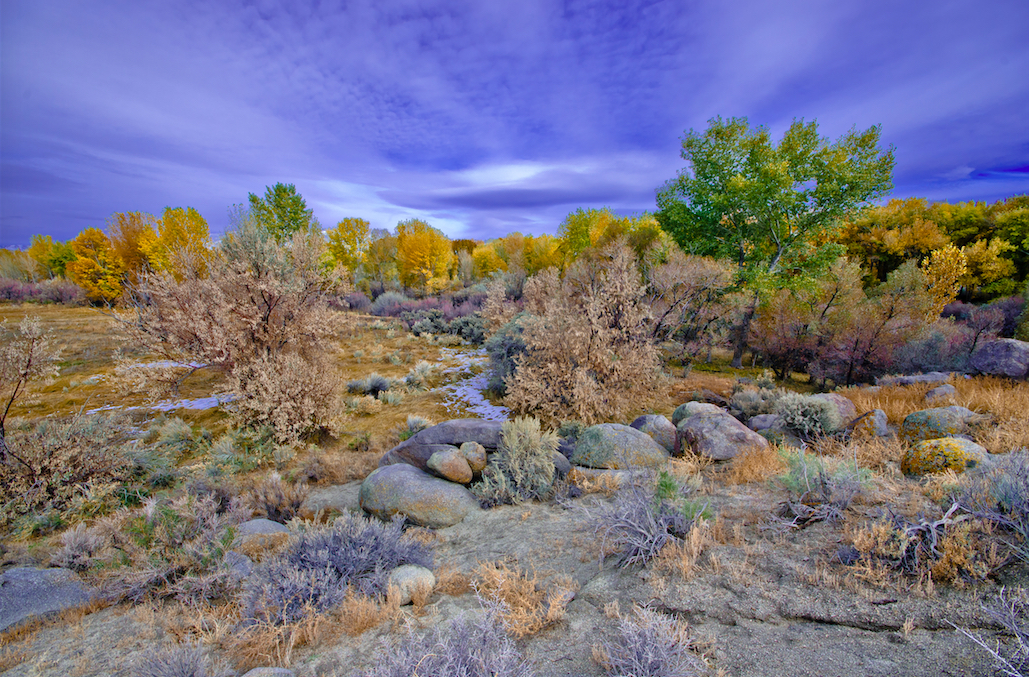
You can help promote clean air in Nevada, too. NDEP shares the following tips to help foster a greener Nevada:
Combine trips, carpool, ride your bike, or take the bus or park shuttle. Follow speed limits, avoid idling, and maintain your vehicle.
Use CFL or LED light bulbs, and turn off lights/appliances when not in use.
Use a programmable thermostat that reduces energy used for heating and cooling.
Reduce, Reuse, and Recycle.
Refill your water bottle instead of buying bottled water.


